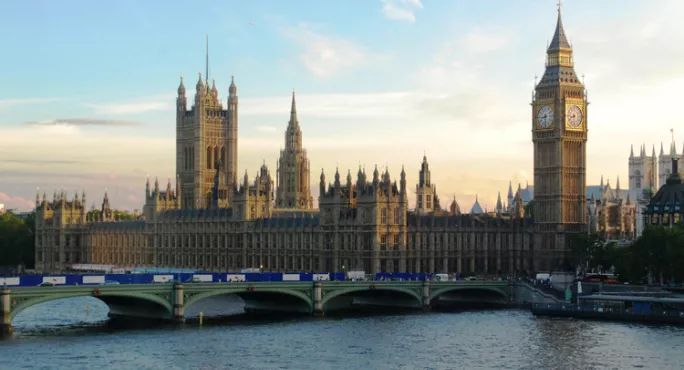Schools Bill: Labour pushes to limit academy freedom on curriculum

Labour wants to amend the Schools Bill to ensure all academies follow the national curriculum, following what it described as a “humiliating U-turn” from Nadhim Zahawi.
The Labour Party has put forward an amendment to the bill for all state schools to follow the national curriculum, follow local admissions policies and ensure that all academy teachers have qualified teacher status.
Last month, former education secretary Mr Zahawi removed large sections of the Schools Bill following concerns in the House of Lords that it would undermine academies’ autonomy and give Whitehall too much control over the running of schools.
“As the Conservatives turn on one another, and following former education secretary Nadhim Zahawi’s humiliating U-turn on his plans to run schools from Whitehall, Labour is pushing ahead with plans to put children first,” the Labour Party said.
- Schools Bill: Councils could push to academise schools without their consent
- Related: Schools Bill update ‘weakens’ academy governance plans
- DfE: Government’s education white paper plans
Labour said that its plans also developed its commitment for all schools to receive professional careers advice, as well as a minimum of two weeks’ worth of work experience for all pupils.
It added that it would require national standards for school support staff, such as teaching assistants, as the bill had not mentioned wider school employees.
Labour said it was “seizing the initiative as the government splinters into in-fighting over the Conservative leadership contest”, adding that Mr Zahawi had been “forced to abandon the government’s plans for central control over academies in the face of opposition from all parties”.
Shadow education secretary Bridget Phillipson said: “Labour’s ambitious plans would drive up standards across all schools and set minimum standards, regardless of the type of school a child attends.
“Unlike the Conservatives’ chaotic, ill-thought-through proposals, which they’ve been forced to abandon, Labour’s plans have the support of headteachers, school staff and parliamentarians.
“The Conservatives will have the chance to support these plans to improve outcomes for children. As their chaotic U-turn showed, even before their bitter in-fighting, the Conservatives had no plan, no ambition and no vision: they are failing our children.”
The amendment aims to replace Clause 1 of the bill, which was removed by the government.
It would need approval by the Lords and the House of Commons to become part of the government legislation.
Currently, academy schools can employ teachers who have not undergone formal teacher training and they are not required to follow the national curriculum.
In a letter to the Lords in June, academies minister Baroness Barran said that the government would be removing and replacing clauses from the bill that would have introduced new standards that all academy trusts would need to follow.
These aspects of the bill had been sharply criticised in the Lords, with former academies ministers Lord Nash and Lord Agnew, alongside former education secretary Lord Baker, tabling amendments to the bill over their concerns that academies would lose their freedoms under the new, “draconian” provisions.
A Department for Education spokesperson said: “We are already driving up standards across the country and have set out our further ambitions through our Schools White Paper, on which we engaged extensively with the sector.
“This includes teacher training and development; supporting schools and trusts with excellence in the curriculum, behaviour and attendance; and working towards every school joining a strong academy trust by 2030.
“The Schools Bill - which is vital in levelling up standards for children across the country - will continue its passage through Parliament and we will bring back revised clauses 1-18 in the Commons.”
Register with Tes and you can read two free articles every month plus you'll have access to our range of award-winning newsletters.
Keep reading with our special offer!
You’ve reached your limit of free articles this month.
- Unlimited access to all Tes magazine content
- Save your favourite articles and gift them to your colleagues
- Exclusive subscriber-only stories
- Over 200,000 archived articles
- Unlimited access to all Tes magazine content
- Save your favourite articles and gift them to your colleagues
- Exclusive subscriber-only stories
- Over 200,000 archived articles
topics in this article



